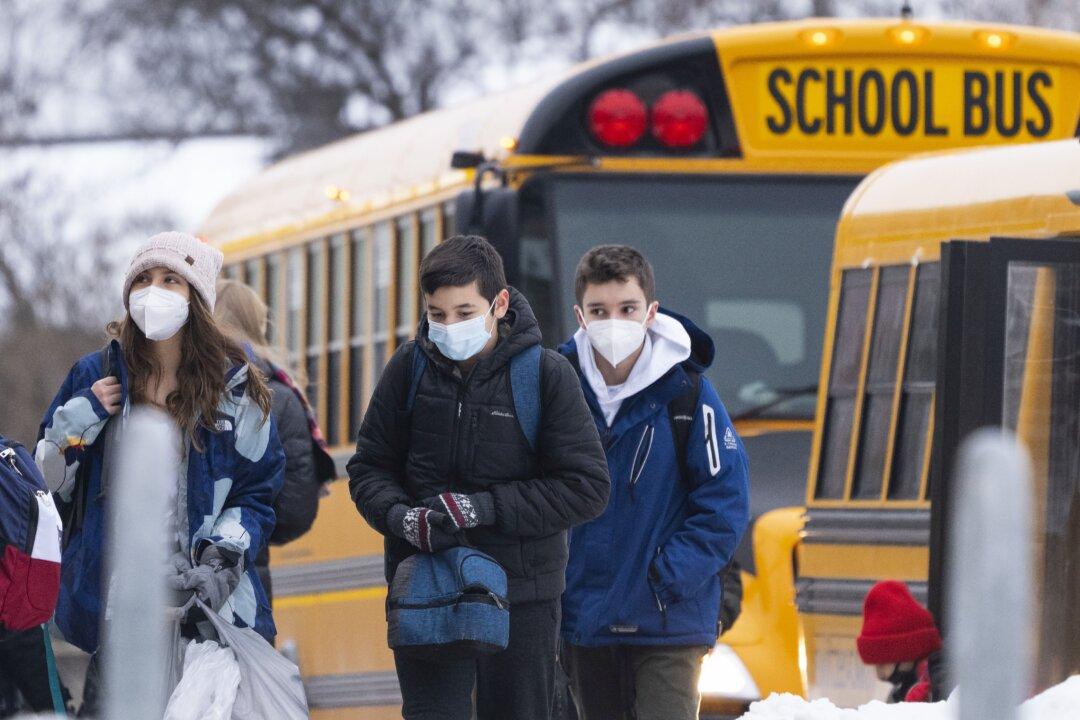COVID-19 restrictions have significantly affected children in their formative years, imposing a secluded form of education and socialization that parents and health professionals say has had a negative impact on kids’ mental health and their learning experience and progression. As COVID rules gradually relax and children ease back into a more “normal” life, parents and teachers have an important role to play in facilitating this transition.
Lindsay McBride, a registered psychologist in Vancouver, said that flooding young children with negative news and scare tactics, as has been done over the past two years, ultimately affects their core development.



